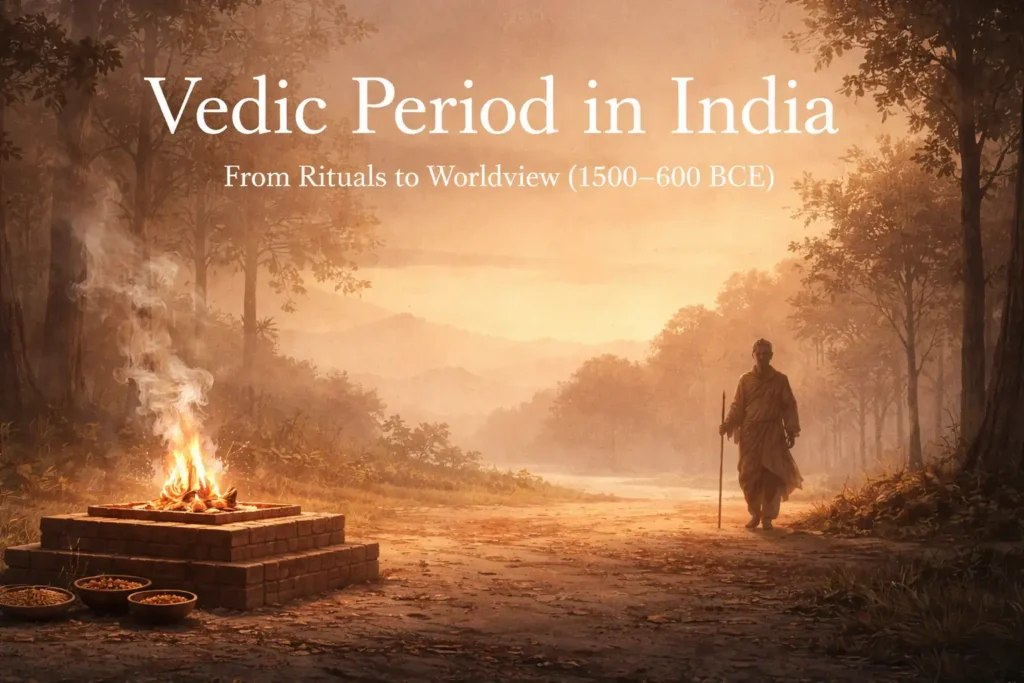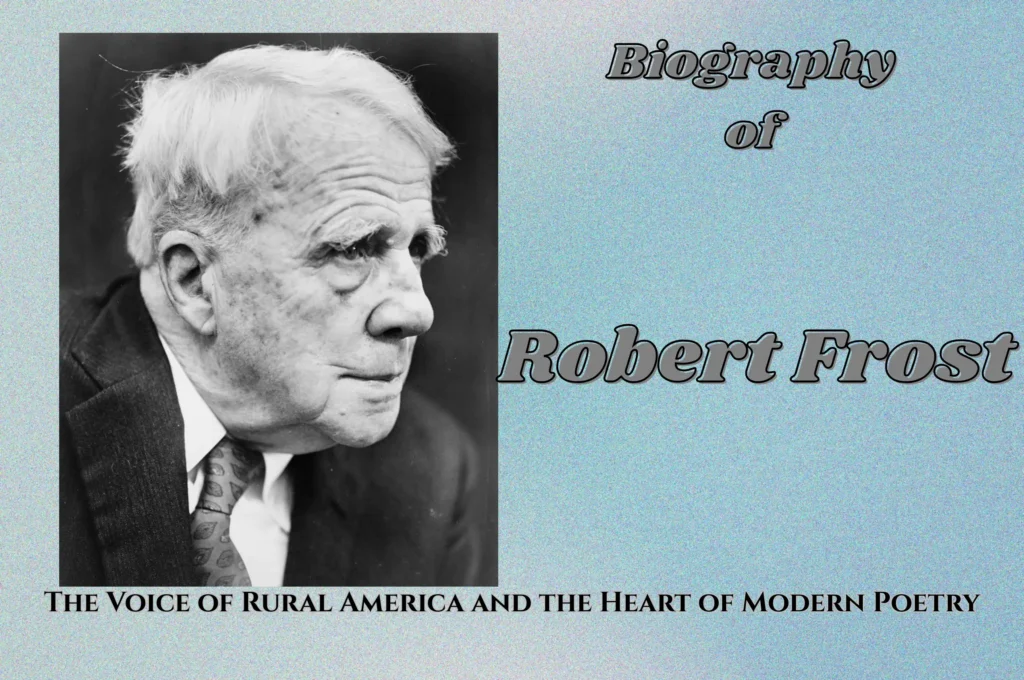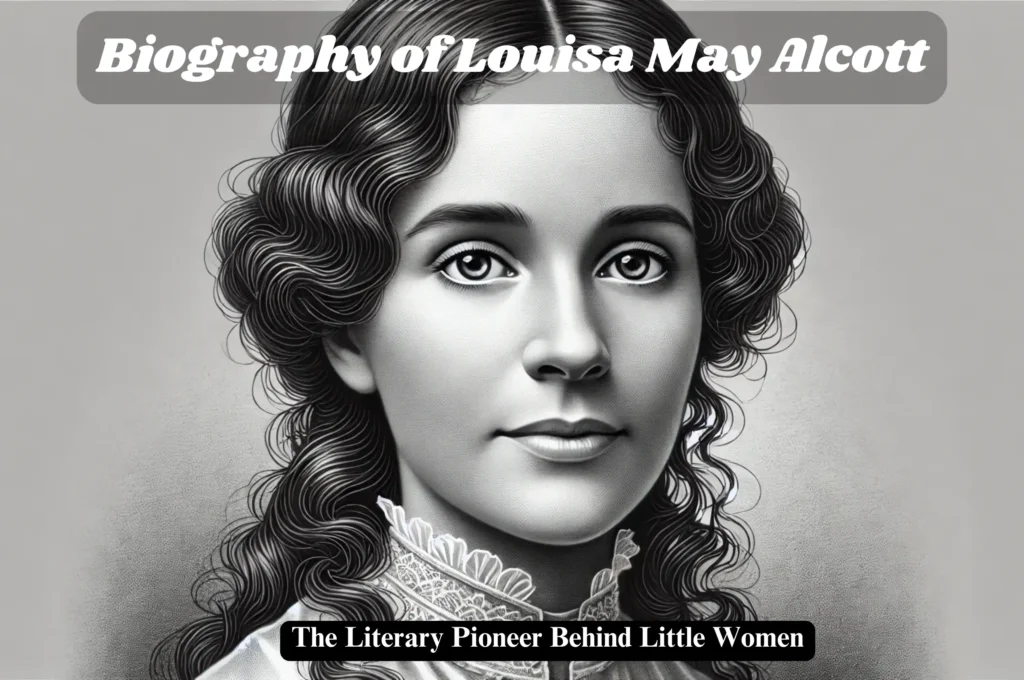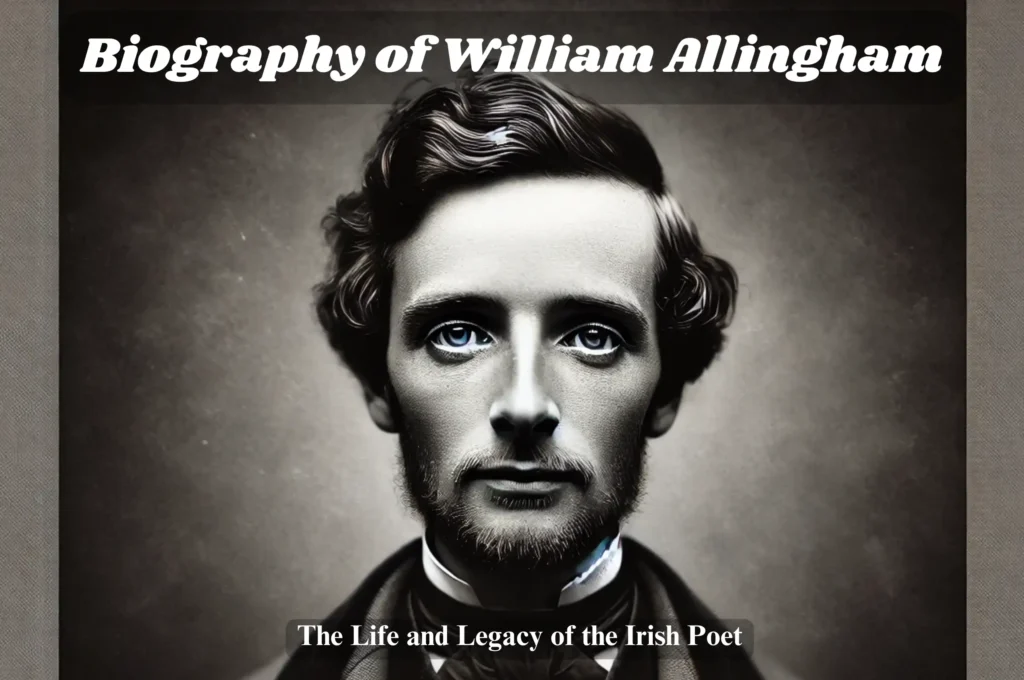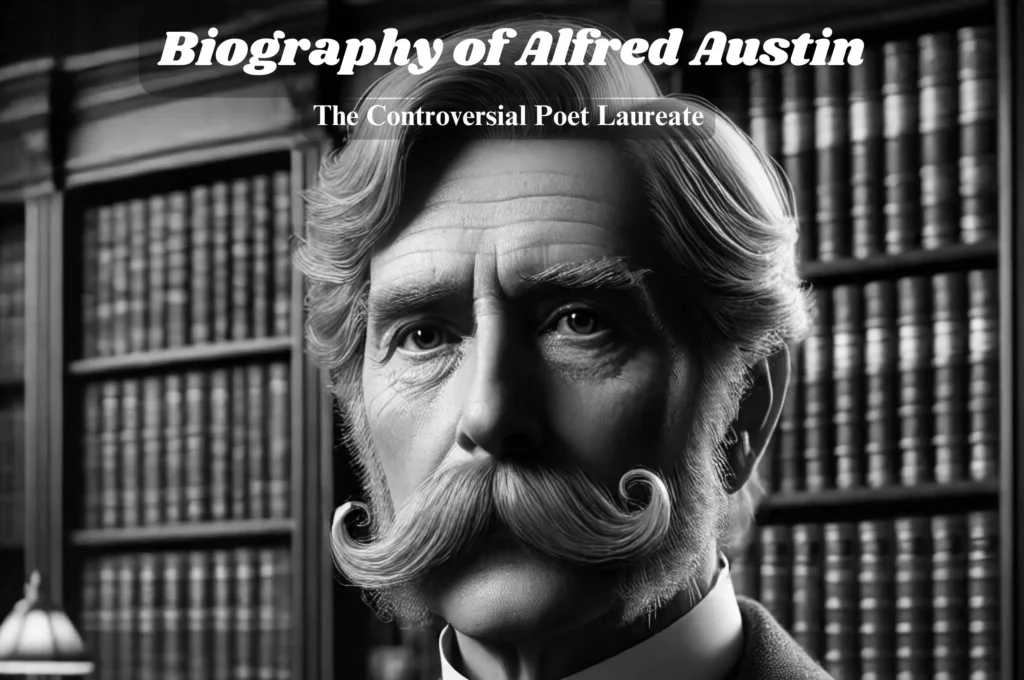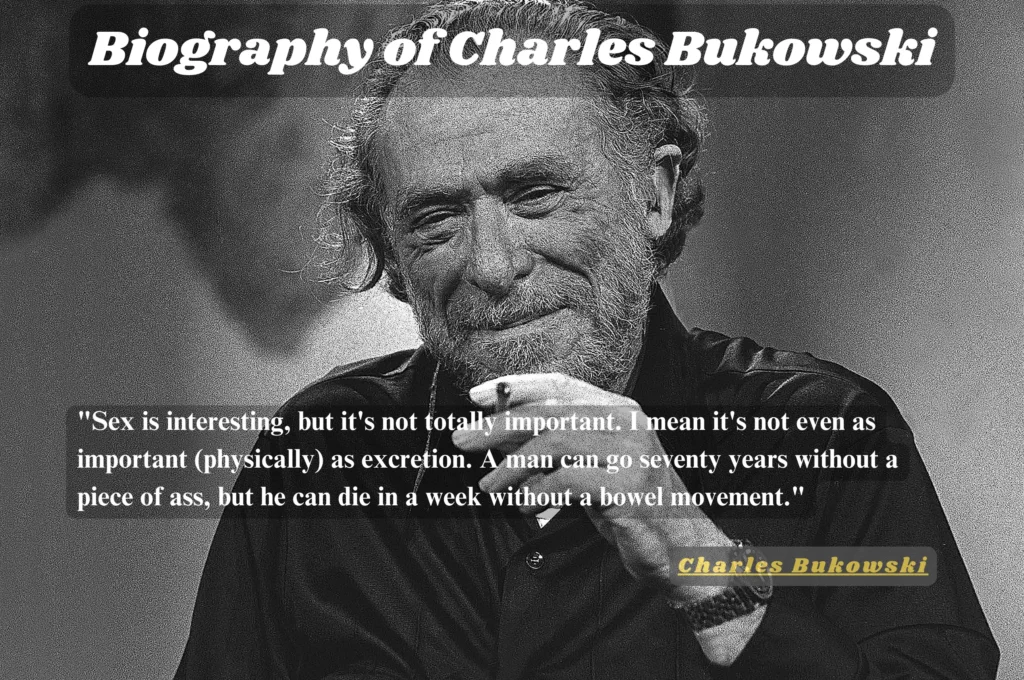Discover the life and literary legacy of Samuel Taylor Coleridge, the visionary poet and philosopher behind The Rime of the Ancient Mariner and Christabel. Explore his journey from childhood to the Lake Poets, his struggles, and his lasting influence on English literature.
Back to Poets and Poetry Page
Table of Contents
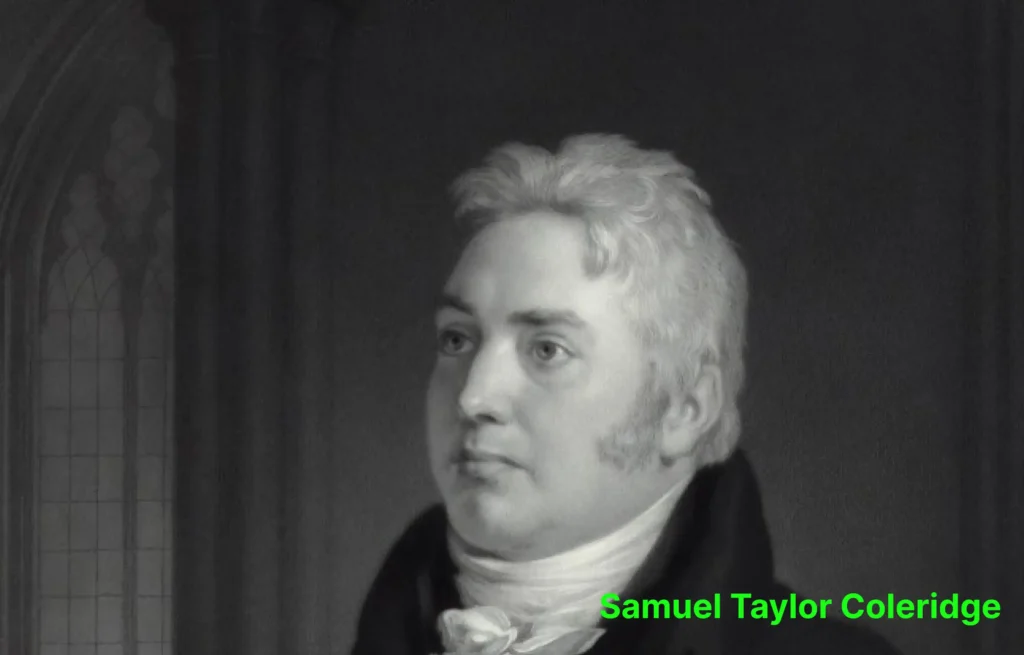
Biography of Samuel Taylor Coleridge
Samuel Taylor Coleridge was born on October 21, 1772, in Ottery St. Mary, Devonshire, England. Some biographers, however, cite 1773 as his birth year. He passed away on July 25, 1834, and was laid to rest in the vault of Highgate Church on August 2.
Coleridge’s father, a clergyman, was distinguished for his scholarship, simplicity of character, and dedication to his students at the grammar school where he taught before fully committing to the ministry. His mother, Anne Bowden, was deeply invested in the education and upbringing of her children.
After his father’s death, young Coleridge was enrolled at Christ’s Hospital, where he studied for eight years. During this time, he exhibited a vivid imagination and an extraordinary memory, retaining everything he read. His intellectual prowess was evident when a teacher noted that he read Virgil for amusement. At the age of sixteen, he had already written verses showcasing significant poetic talent.
In February 1791, Coleridge entered Jesus College, Cambridge. University life, however, did not completely satisfy him, and struggling with financial difficulties, he enlisted in the 15th Light Dragoons under the name “Comberback.” His military career was brief; his scholarly inclinations were soon discovered by an officer who ensured his discharge. He returned to Cambridge but left without obtaining a degree in 1794.
That same year, Coleridge visited Oxford, where he met Robert Southey, forming a lifelong friendship. Together, they devised a utopian plan to establish a communal society along the Susquehanna River in America, emphasizing selflessness and virtue. However, due to financial constraints, the plan was abandoned in 1795. That year, Coleridge married Sarah Fricker and settled in Clevedon on the Bristol Channel. Shortly thereafter, Southey married Sarah’s sister and left for Portugal.
To support himself, Coleridge began lecturing on politics and religion, though public response was lukewarm. He later published his lectures in book form. In the summer of 1796, he met William Wordsworth and his sister, leading to another lifelong bond. Wordsworth described Coleridge as an extraordinary man whose conversational brilliance was unparalleled. The trio, later joined by Southey, became known as the “Lake Poets,” a term initially used pejoratively by critics but later embraced for their literary contributions.
Coleridge launched a periodical, “The Watchman,” though it lasted only two months. In 1796, he published “Juvenile Poems,” receiving thirty guineas and gaining widespread recognition. Two years later, the Wedgwood brothers granted him an annuity, allowing him to travel to Germany with Wordsworth and his sister. While there, Coleridge attended lectures in Göttingen and became fluent in German.
Upon returning to England, he contributed to the “Morning Post” and translated plays by Friedrich Schiller. In 1804, he traveled to Malta as the secretary to Sir Alexander Ball. After returning, he wrote “Remorse,” a powerful tragedy in blank verse that drew comparisons to Shakespeare’s works and solidified his reputation.
In 1801, Coleridge moved to the Lake District, staying with Southey. However, this period marked the onset of his struggles with opium addiction, which hindered his productivity for the next fifteen years. Despite his personal challenges, he continued to captivate London’s intellectual circles with his conversation. Works such as “Ode to Dejection” and “Youth and Age” reflect his inner turmoil.
Coleridge later published “The Friend” (1809), a philosophical periodical, and delivered lectures on Shakespeare. His play “Remorse” (1813) achieved notable success. In 1816, he published “Christabel,” a mystical poem written years earlier, along with “Lay Sermons” and “Biographia Literaria,” an insightful blend of autobiography and literary criticism.
In his later years, Coleridge found refuge in the home of James Gillman at Highgate, where he received care and support. With time, he overcame his opium dependency, though the struggle left lasting effects. At Highgate, he completed “Aids to Reflection” (1825), his most mature prose work, and “On the Constitution of Church and State” (1830), his final publication.
Coleridge died in 1834, leaving behind a legacy of poetic and philosophical brilliance. His “Literary Remains” were published posthumously. While his prose works secured his reputation as a profound thinker, poems such as “The Rime of the Ancient Mariner” and “Christabel” remain among the finest in English literature. Though he lacked sustained focus, his conversational genius and poetic mastery ensured his enduring place in literary history.ploration of the world and the human condition, inviting readers to embark on a journey of reflection and discovery.
Poems by Samuel Taylor Coleridge
- The Rime Of The Ancient Mariner
- Kubla Khan
- Frost At Midnight
- Work Without Hope
- Epigram
- Christabel
- What Is Life?
- Life
- This Lime-Tree Bower, My Prison
- Metrical Feet
- Desire
- Reflections On Having Left A Place Of Retirement
- Kubla Khan
- To Nature
- The Suicide’s Argument
- Despair
- The Eolian Harp
- To A Young Ass
- The Pains Of Sleep
- The Good, Great Man
- Fears In Solitude
- About The Nightingale
- Dejection: An Ode
- Love
- The Faded Flower
- Limbo
- Frost At Midnight
- The Aeolian Harp
- Youth And Age
- The Presence Of Love
- Fragment
- Human Life
- Something Childish, But Very Natural
- Epitaph
- To The River Otter
- The Nightingale
- The Knight’s Tomb
- The Netherlands (fragment)
- Time, Real And Imaginary
- Phantom
- The Lime-tree Bower my Prison [Addressed to Charles Lamb, o
- Psyche
- A Soliloquy Of The Full Moon, She Being In A Mad Passion
- Reason
- To William Wordsworth
- Duty Surviving Self-Love
- Love’s Apparition and Evanishment: An Allegoric Romance
- To the Nightingale
- The Dungeon
- To The Rev. George Coleridge
- France: An Ode
- Sonnet
- Recollections Of Love
- Cologne
- A Tombless Epitaph
- Constancy To An Ideal Object
- On Donne’s Poetry
- Zapolya
- From ‘Religious Musings’
- Come, come thou bleak December wind (fragment)
- Hexameters
- The Improvisatore
- The Garden Of Boccaccio
- The Moon, how definite its orb! (fragment)
- The Three Sorts of Friends (fragment)
- On A Ruined house In A Romantic Country
- Aplolgia Pro Vita Sua
- Song
- The Exchange
- To A Primrose
- To Asra
- Where is the grave of Sir Arthur O’Kellyn?
- I know ’tis but a Dream, yet feel more anguish (fragment)
- When Hope but made Tranquillity be felt (fragment)
- Whom should I choose for my Judge? (fragment)
- Lines
- The Blossing Of The Solitary Date-Tree
- As some vast Tropic tree, itself a wood (fragment)
- Hymn before Sun-rise, in the Vale of Chamouni
- Brockley Coomb
- Inscription For A Fountain On A Heath
- Glycine’s Song
Quotes by Samuel Taylor Coleridge [Link]
“A man may devote himself to death and destruction to save a nation; but no nation will devote itself to death and destruction to save mankind.”
“A man’s as old as he’s feeling. A woman as old as she looks.”
“A poet ought not to pick nature’s pocket. Let him borrow, and so borrow as to repay by the very act of borrowing. Examine nature accurately, but write from recollection, and trust more to the imagination than the memory.”
“Advice is like snow – the softer it falls, the longer it dwells upon, and the deeper in sinks into the mind.”
“All sympathy not consistent with acknowledged virtue is but disguised selfishness.”
“All thoughts, all passions, all delights Whatever stirs this mortal frame All are but ministers of Love And feed His sacred flame.”
Read Quotes by Samuel Taylor Coleridge in detail.
Explore Article Rewriter on: https://byqus.com/rewriter

